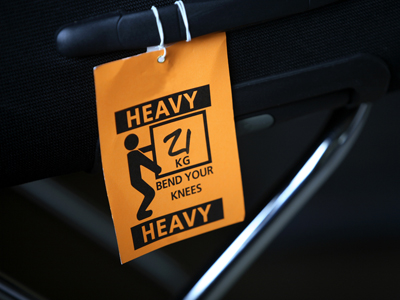
Grammar 52 - Modals - Present
In the previous High English quiz, we learnt the rules of grammar to follow when using modal verbs in the past tense and found the form ‘modal + have + past participle’ is followed to construct sentences. In this quiz we will take a look at the grammar to use with modal verbs in the present tense.
When using modals in the present tense the general rule is that the modals precede the infinitives without ‘to.’ The present tense accommodates almost all the modals. Some modals express specific attitudes and functions:
MAY, MIGHT, COULD, and CANNOT express possibility.
COULD, CAN and MAY express request.
DO NOT HAVE TO and NEED NOT express no obligation.
SHOULD expresses advice.
CAN and BE ABLE TO express ability.
MUST, HAVE TO and CANNOT express obligation/prohibition.
The sentence uses a modal in present tense. Choose the attitude expressed by the modal from the following options.
This sentence uses a modal in present tense. Choose the attitude expressed by the modal from the following options.
Ready for more?
not all...
quizzers. Try to win a coveted spot on our Hall of Fame Page.







